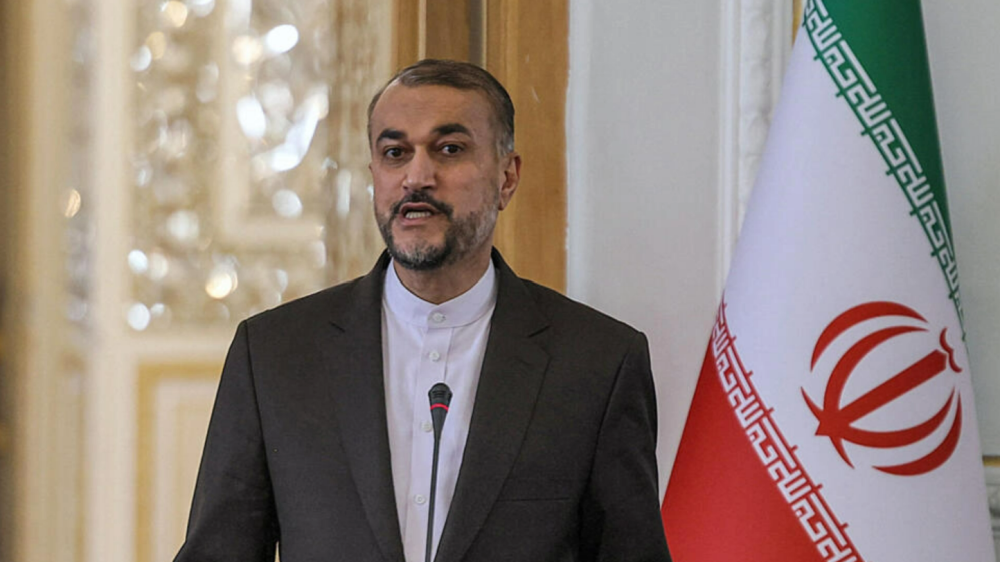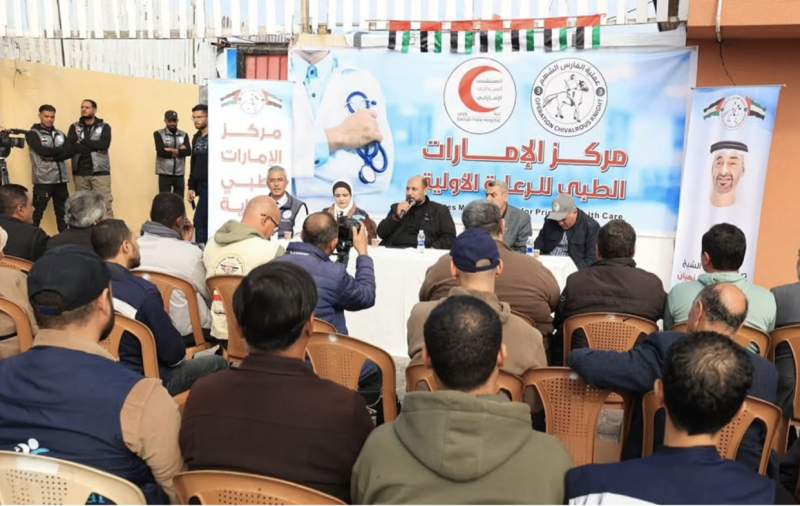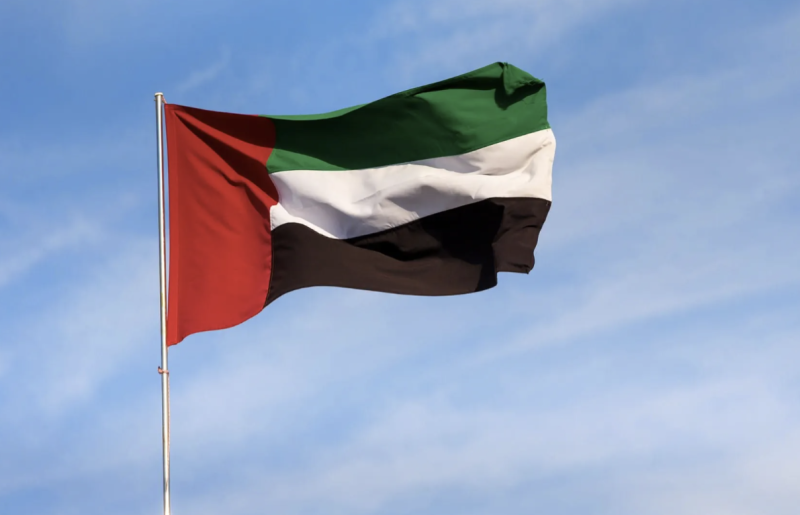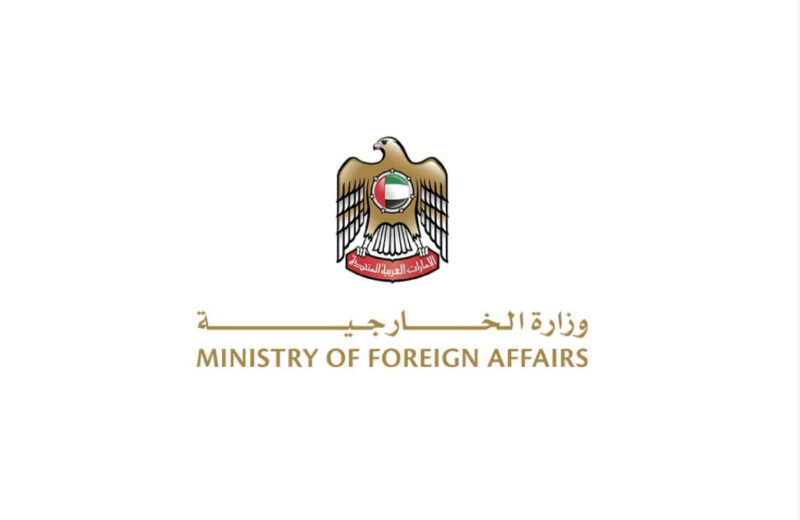"since ties mended" : Iran’s FM arrives in Saudi Arabia for first visit


A Chinese-brokered deal saw the long-time rivals agreeing to restore diplomatic relations and reopen their respective embassies.
Shiite-dominated Iran and Sunni Muslim Saudi Arabia had severed ties in 2016 after Saudi diplomatic missions in the Islamic republic were attacked during protests over Riyadh's execution of Shiite cleric Nimr al-Nimr.
Amir-Abdollahian "arrived at Riyadh Airport a few minutes ago for a one-day trip, and was welcomed by the deputy foreign minister of Saudi Arabia," official news agency IRNA said.
The visit "is focusing on bilateral ties, regional and international issues", according to IRIB state broadcaster.
IRNA said Amir-Abdollahian was due to meet with his Saudi counterpart and other officials in the kingdom.
The minister was accompanied by the new Iranian ambassador to Saudi Arabia, the report added.
State media reported in May Tehran had named Alireza Enayati, a former ambassador to Kuwait, as the Islamic republic's Saudi envoy.
In June, Prince Faisal bin Farhan became the first Saudi foreign minister to travel to Iran since 2006.
Earlier that month Iran had reopened its embassy in Riyadh with a flag-raising ceremony.
On Wednesday, Iranian state media said military officials from both countries met in Moscow on the sidelines of a security conference.
Amir-Abdollahian has said this week that the new ambassador to Riyadh is accompanying him during Thursday's visit to "officially start his mission".
On August 9, Iran said the Saudi embassy in Tehran had begun operations but Riyadh has yet to confirm.
Opposing sides
Iran and Saudi Arabia have backed opposing sides in conflicts across the Middle East for years.
Iran has in recent months been at odds with Saudi Arabia and Kuwait over a disputed gas field.
Saudi Arabia and Kuwait claim "sole ownership" to the field -- known as Arash in Iran and Dorra in Kuwait and Saudi Arabia -- with Tehran warning it would "pursue its right" to the offshore zone if negotiations fail.
Iran has intensified its diplomatic activity in recent months and pushed for closer ties with other Arab countries in a bid to reduce its isolation and improve its economy.
Since the March deal, Saudi Arabia has restored ties with Iranian ally Syria and ramped up a push for peace in Yemen, where it has for years led a military coalition against the Iran-backed Huthi forces.
The Islamic republic has been reeling under crippling US sanctions since Washington's 2018 withdrawal from a landmark nuclear deal under then-president Donald Trump.

Abu Dhabi -- The UAE has inaugurated the Emirates Medical Centre in Khan Younis, south of the Gaza Strip, as part of the Operation Chivalrous Knigh…

Abu Dhabi -- The United Arab Emirates has condemned the shooting incident that occurred at Brown University in the state of Rhode Island, which res…

Abu Dhabi -- The United Arab Emirates has condemned in the strongest terms the terrorist attack that occurred at a Jewish gathering in the city of…